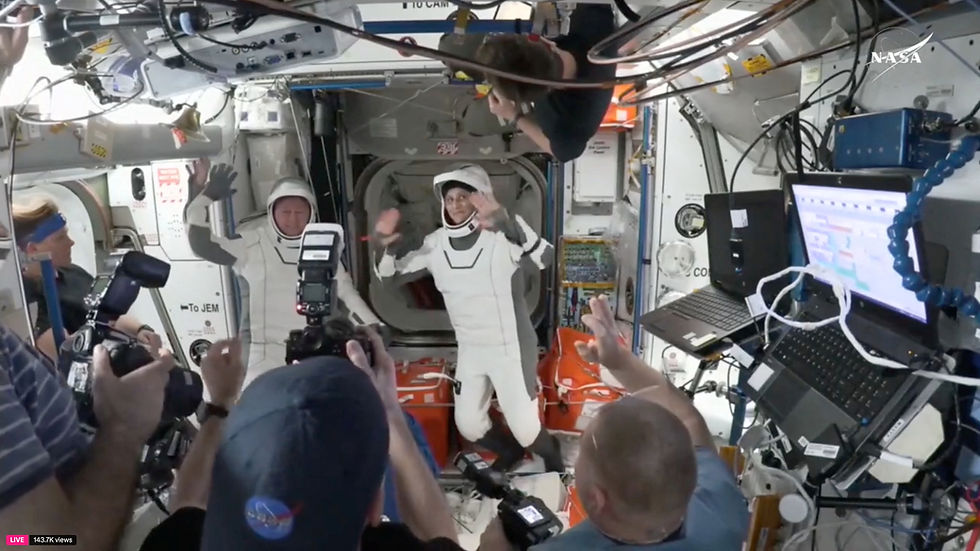US Secretary Blinken's Diplomatic Mission Strengthens U.S.-Angola Ties and Regional Cooperation
- News Agency
- Jan 25, 2024
- 2 min read
Secretary Antony J. Blinken's visit to Luanda, Angola, on January 24-25 is focused on strengthening the U.S.-Angola bilateral relationship and advancing commitments made during the U.S.-Africa Leaders Summit. The discussions with President João Lourenço and Foreign Minister Tete Antonio cover key areas such as climate, food security, global health cooperation, economic engagement, and trade. The visit also emphasizes shared values related to human rights, mutual security, and the rule of law.
The United States and Angola have deepened their bilateral relationship since establishing diplomatic ties in 1993, with frequent senior-level engagements. Angola is considered a strategic partner and regional leader. Both nations are committed to expanding economic prosperity, energy access, democracy, human rights, and regional security.
Recent highlights in the U.S.-Angola relationship include President Biden's meeting with President Lourenço in November 2023, the signing of the Artemis Accords for space exploration, and the initiation of a bilateral Open Skies Agreement to enhance air connectivity.
Economic and trade ties are also a significant focus. The United States is investing in strategic economic corridors to connect underserved populations to the global economy, including the Lobito Corridor. Additionally, efforts are underway to reduce Angola's debt vulnerabilities, develop transportation infrastructure through public-private partnerships, and promote scientific collaboration for critical minerals production.
In the realm of peace and security, the partnership addresses various security priorities, including military education and training, maritime security, humanitarian demining, and peacekeeping. The U.S. has significantly increased military assistance to Angola over the past four years.
Food security and climate resilience are key areas of collaboration. The U.S. and Angola are working together to boost agricultural productivity and nutrition through the Vision for Adaptive Crops and Soils (VACS) initiative. Additionally, the U.S. has provided emergency assistance to address the impact of drought in southern Angolan provinces and supports women smallholder farmers along the Lobito Corridor.
Health cooperation has been a longstanding partnership, particularly in the fight against malaria and HIV/AIDS. The U.S. President's Emergency Plan for AIDS Relief (PEPFAR) has invested significantly in Angola to provide HIV testing, prevention, care, and treatment services. Additionally, the U.S. has donated COVID-19 vaccine doses to Angola and continues to strengthen public health systems.
The United States is also supporting Angola in its environmental and conservation efforts, including reducing methane emissions, demining, countering wildlife trafficking, and promoting biodiversity conservation and renewable energy solutions.
The partnership also emphasizes democracy, governance, and human rights, with support for combating corruption, enhancing accountability, and advancing democratic governance and civil society. Angola is an active member of the Partnership for Atlantic Cooperation, working towards a peaceful, stable, prosperous, and cooperative Atlantic region.
Overall, the visit reaffirms the strong and multifaceted relationship between the United States and Angola, with a focus on collaboration across various sectors for mutual benefit and regional stability.









.png)








Comments